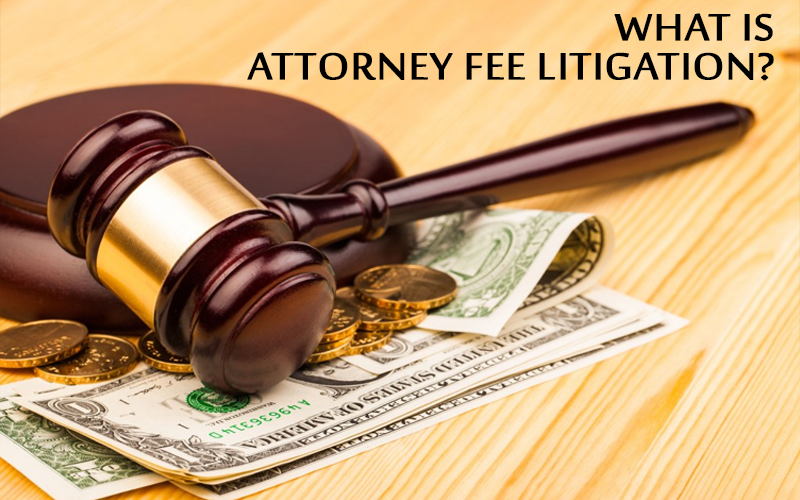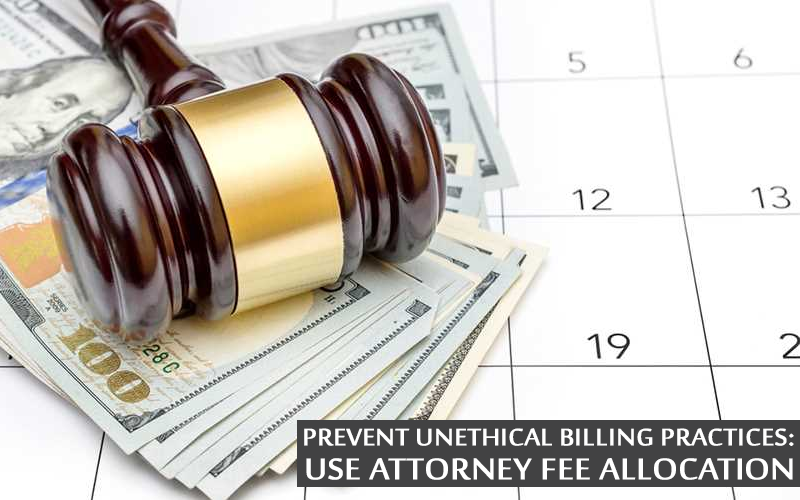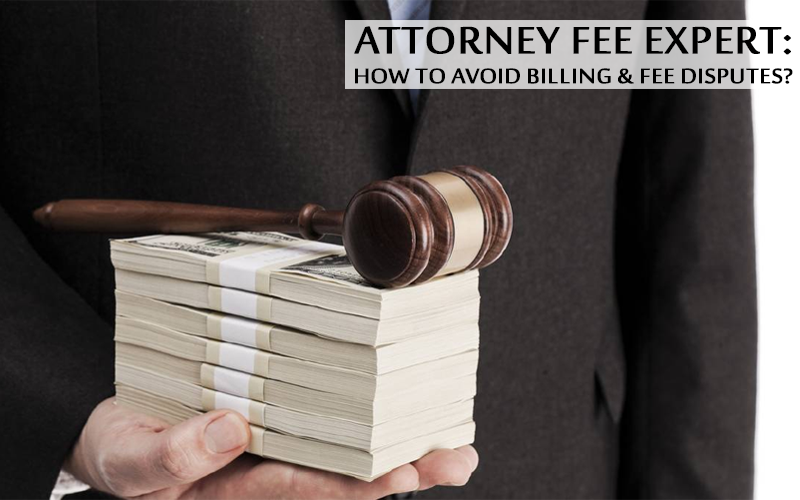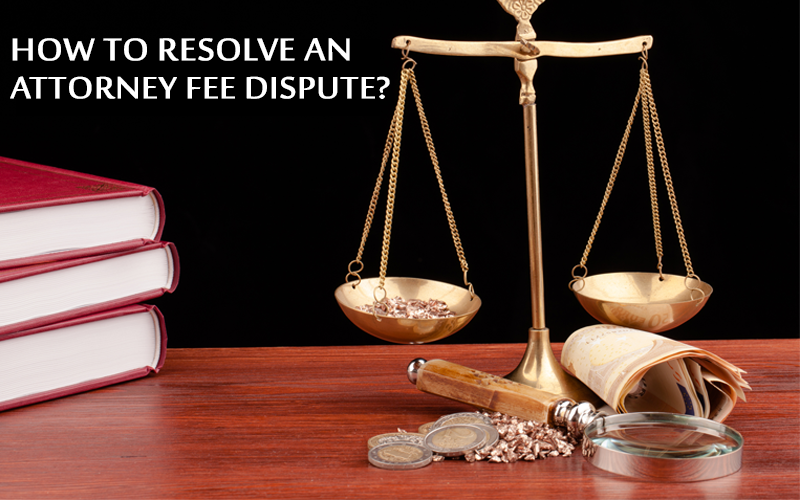Disputes are an inevitability. Given the sensitive information and high-stake matters that lawyers deal with, most attorneys see to it that they charge a compensatory amount for their services. With years of practice and education backing their skillset, lawyers bill their clients according to the expertise they bring forth. Yet, disagreements between clients and attorneys have reached an unprecedented level. This is due to a variety of factors, such as failing to agree on a fee arrangement from the outset, attorneys overbilling their client, or attorneys pushing over costs of their high turn-over rate to their client.
If a client disagrees with the bill they’ve received from their attorney’s end, they should give their attorney an opportunity to explain their charges. Rather than impulsively initiating any legal action, it is important for an attorney and client to have a frank discussion. Entitled to be aware of their client’s disapproval, a client should communicate all the discrepancies they find within their bill. However, if the discussion fails to materialize a mutually rewarding result, both parties can proceed ahead by filing a lawsuit. Dealt through with arbitration, mediation, or litigation, both the client and attorney have the liberty to present their stance openly. Following are the attorney fee dispute scenarios for which individuals can acquire legal services.
- Litigation by a client against their previous law firm, due to there being evidence of them being overbilled by their legal counsel.
- Legal defence for any law firm that has been falsely sued for an attorney fee claim by a resentful former client.
- Litigation by a law firm against their previous client, where a client refuses to pay the law firm for the legal services provided by them.
What Is The Process Of Evaluating Attorney Fee Disputes?
A step-by-step process is essential when reviewing an attorney fee dispute. If a client or law firm decides to acquire the help of an attorney, who is also an attorney fee expert, it is the responsibility of the attorney to evaluate a varied range of details. Carefully selected by firms, these attorney fee experts have the specialized know-how required for analyzing any discrepancies. Following are the layers of steps that an attorney may follow for deciding whether it is favourable for their client to settle the matter out-of-court or go through with court proceedings.
- Assessing all outcomes possible through arbitration or trial, inclusive of assessing the success ratio of each course of action.
- Assessing which piece of evidence and argument is more likely to be acknowledged by the jury, arbitrator, or judge.
- Assessing a huge volume of state and federal case laws and valuable legal opinions that have previously had a huge impact on attorney fee issues.
- Assessing the evidence (legal bills/charges) at hand, to gain an idea of how fair or exaggerated the attorney fee may appear to the jury, arbitrator or judge.
- Drawing up a probable negotiation strategy, if it’s possible to resolve the attorney fee dispute without going through with court proceedings.
What Is The Difference Between Mediation & Arbitration In Attorney Fee Disputes?
Despite how hard both parties try, certain disputes remain irresolvable. Thus, if mutual consensus is not possible, mediation or arbitration is the subsequent procedures that are undertaken. In a mediation session, mediators assist the entities involved to reach an agreement; however, they will not make a decision on their own. In contrast, in an arbitration session, arbitrators listen to all entities involved and, therefore, accordingly make decisions.
How Does a Lawyer Decide an Amount For Their Legal Services?
Attorneys are aware of the barometer used by other attorneys when deciding a compensatory amount for the legal counsel they provide. Being aware of this scale allows non-legal entities to have an idea of what to expect, thus preventing the probability of dealing with an ‘attorney fees dispute’ Following is the criteria used by a lawyer:
- Any lawyer well-reputed for a specific area of law will most probably charge more than an attorney who is not.
- Any lawyer will comprehensively consider the complexity of the case paired with the amount of time likely to take.
What Can Cooper Law Do In Attorney Fee Disputes?
Firmly settled on providing personalized legal representation, Cooper Law is well-versed with handling matters such as allocation of an attorney’s fees, assessment of an attorney’s performance, or evaluation of a legal bill. Having represented Fortune 500 companies, small businesses, and several other entities across different cities of the US, they have the experience to handle litigation or mediation processes of attorney fee disputes. With forty years of experience by their side, they review each matter from a balanced point of view.




